Table of Contents
Why Does the Back of My Teeth Feel Like Sandpaper?
Your diet may be the reason your back teeth feel like sandpaper. Tooth enamel, the hard material covering the crown of each tooth, wears away over time. Tooth acids, including those found in certain foods, break down this protective layer, making it more sensitive. Tartar buildup is another factor that contributes to the gritty feel on the back of your teeth. Your tongue presses against your front teeth because the salivary gland is located at the floor of the mouth.
Acidic foods
The problem with acidic foods is that they can wear down your tooth enamel according to this dentist in Williamsburg. If you are prone to this problem, you should avoid soft drinks and sports drinks, especially those that are carbonated. This type of food is especially acidic, so you should avoid drinking them as often as possible. However, if you are already suffering from erosion, you may want to limit the amount of these products that you drink.
While the effects of high-acidic foods may not be immediately apparent, you can find ways to neutralize the acidity and improve your dental health. Crest Sensitivity Toothpaste is a toothpaste that is specially designed for people sensitive to acids. Although it is not necessary to avoid such products, they can help protect your teeth from painful sensitivity. You can find out more about acidic and alkaline foods if you don’t know what to eat.
Dark leafy vegetables may also be avoided. These vegetables contain oxalic Acid, which is a substance that ranks at 1.3 on the pH scale. This acid creates a sticky film on your teeth, which can cause them to feel gritty. Fortunately, you can reduce the effect of this acid by consuming foods high in Vitamin C. A high-calorie diet can also help to fight acid-causing plaque and prevent dental cavities.
Plaque
You may feel a little fuzzy in the back of your teeth when you brush them. This is a sign that plaque is building up and is a precursor to gum disease. Other symptoms of gum disease include bleeding gums and soreness. If you notice any of these symptoms, it is time to visit a dentist. Continue reading to learn how plaque builds up and what you can do about it.
You’re probably wondering why plaque makes the back of my teeth feel like a piece of sandpaper. This happens because bacteria in your mouth mixes with sugary foods and releases acids that breakdown carbohydrates. When these acids build up, the result is a layer of plaque on your teeth that can cause cavities, tooth decay, gum disease, and inflammation. This problem can be prevented by visiting a dentist twice per year and brushing your teeth twice daily.
If the back of your teeth feel gritty, plaque may be the culprit. Many people experience this unpleasant feeling in the morning, when their mouths have a layer of bacteria to protect themselves overnight. While brushing your teeth can remove plaque, it is important to make sure you brush your teeth well after every meal. The sticky film can be prevented by flossing and brushing.
Tartar
You may have heard about tartar and its harmful effects on your mouth. It not only makes brushing and flossing difficult, but it can also cause gum disease and tooth decay. The bacteria in tartar can irritate your gums, leading to cavities and other dental problems. Here are some tips to prevent tartar from ruining your smile. These tips will ensure that your teeth look and feel great.
To prevent tartar from forming, brush your teeth regularly. Your teeth should feel smooth after brushing. Run your tongue over your teeth to check for uneven surfaces. Plaque can still remain on your teeth even if you brush your teeth properly. High levels of plaque will eventually turn into tartar, a hard deposit on the teeth’s surfaces. You should see your dentist if you have tartar.
You can test your teeth for sandpaper-likeness by using a hard object. If it comes off easily, your teeth are probably infected with tartar. To remove tartar, visit a dentist. Tartar is the number one cause of tooth decay and gum pain, so you need to take care of it as soon as possible.
Hypomineralization
If you’re wondering why the back of your teeth feels like sandpaper, you’re not alone. A lot of the population suffers from hypomineralisation, which affects the outer layer of teeth. It can be caused by pregnancy, severe illness in infancy, or dioxins found in breast milk. However, dietary factors are usually excluded. There are many treatment options available, regardless of the cause.
Hypomineralization is a condition that causes hypomineralization. Although the exact cause is unknown, it is thought to be genetic. However, other factors could also play a part. However, signs and symptoms of chalky teeth may be subtle and may not be detected until the onset of a more serious dental condition. Children may suffer from this condition if they were born with low birth weight or were premature, which interferes with proper enamel formation.
Although brushing after meals is a good way to remove most of the buildup in your teeth, there are some cases that can be more serious. This condition can lead to enamel that is susceptible to chipping or breaking. The good news is that you can restore some of the lost minerals with proper brushing and flossing. You should also use fluoride toothpaste.
Bruxism
Bruxism is a sleep disorder in which individuals grind their teeth. This condition affects the TMJs, which connect the jawbone to the skull and enable the mouth to open and close. This condition is commonly linked to emotional problems. When a person is under a lot of stress, the muscles in the jaw and teeth clench, causing the back of the teeth to feel rough and uncomfortable. The best way to treat bruxism is to recognize and manage the stress factors that can cause it.
Grinding and clenching can cause tooth damage during sleep. This can cause damage to the teeth and make them appear unappealing. Flattened biting surfaces may also be a problem on the front teeth. A dentist can help determine if bruxism may be the cause of sore teeth.
The development of civilization and modern lifestyle is one of the major factors that influence bruxism’s prevalence. In this context, the psychological aspects of occluso-muscle disorders are becoming increasingly important. Modern life is fraught with stress and other health threats. Increasing numbers of patients with bruxism need the attention of physicians. The dentist should recommend the best treatment for bruxism patients.
Foods high in oxalic acids
The acid in certain foods can affect your teeth. The acid can be found in potatoes, spinach, and strawberries. It forms tiny crystals when it combines with calcium in the mouth. These foods can cause chalky teeth for some people. There are ways to prevent this from happening. A good mouthwash solution will help you rinse your mouth and get back to chewing freely.
Some people are sensitive to the oxalic acids found in beets and spinach. Although it contains a high concentration of oxalic acid, it also has a high iron and calcium content. You should avoid eating spinach if you have sensitive teeth or if you experience toothache. Spinach can also cause you to feel like the back of your teeth are sandpaper!
While brushing alone can help you remove plaque, foods high in oxalic acid can lead to tartar, which is a hardened buildup of bacteria on your teeth. Tooth decay and gum disease can be caused by tartar. You can prevent tartar by eating crunchy foods, drinking water, and brushing after eating. Flossing and brushing after meals can also help remove plaque.
Mouth clenching
If you find yourself clenching your jaw while sleeping, it might be time to see a dentist. Sleep bruxism is a condition that causes sore teeth to appear on a regular basis. This condition is quite common and can be very debilitating. You might not realize that your clenching can cause you to use up to 250 pounds of force. It can cause teeth and jaw problems, as well as change your facial profile. It can even damage your TMJ and jaw muscles.
In addition to the pain experienced by your jaw, you may also experience frequent headaches, neck aches, and ear pain. Having stress in your life may also exacerbate the condition. Jaw pain can also prevent you from opening your mouth fully, and can even cause a headache. This is the most common cause of tooth loss in people with bruxism.

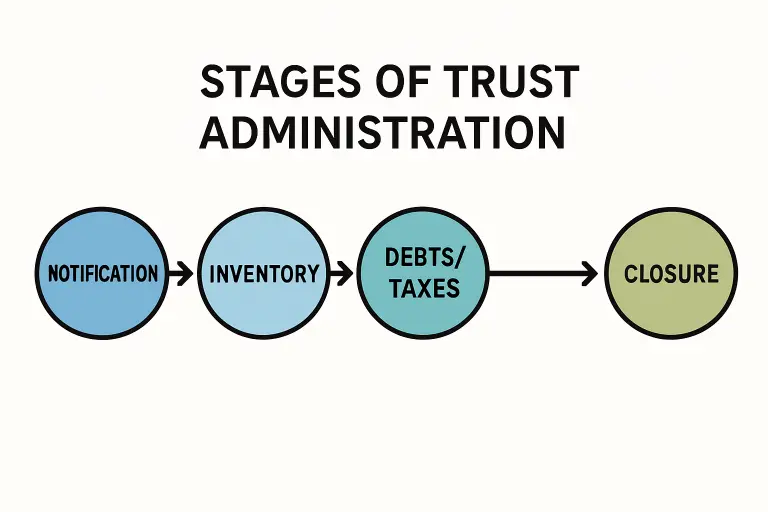


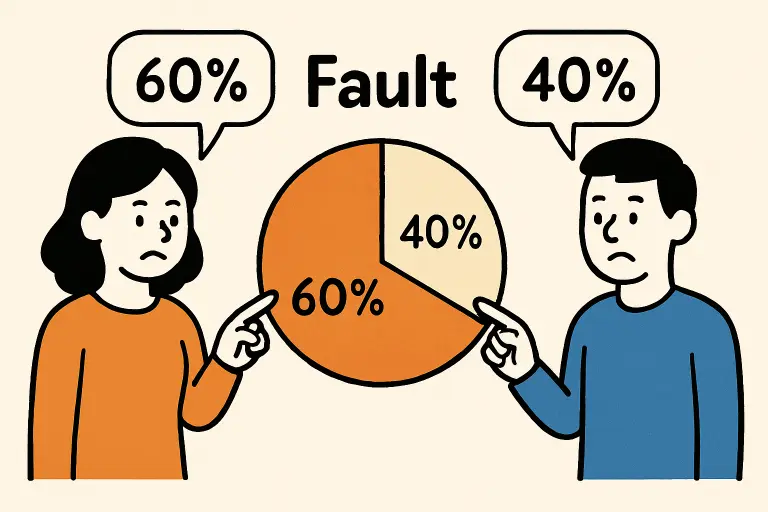








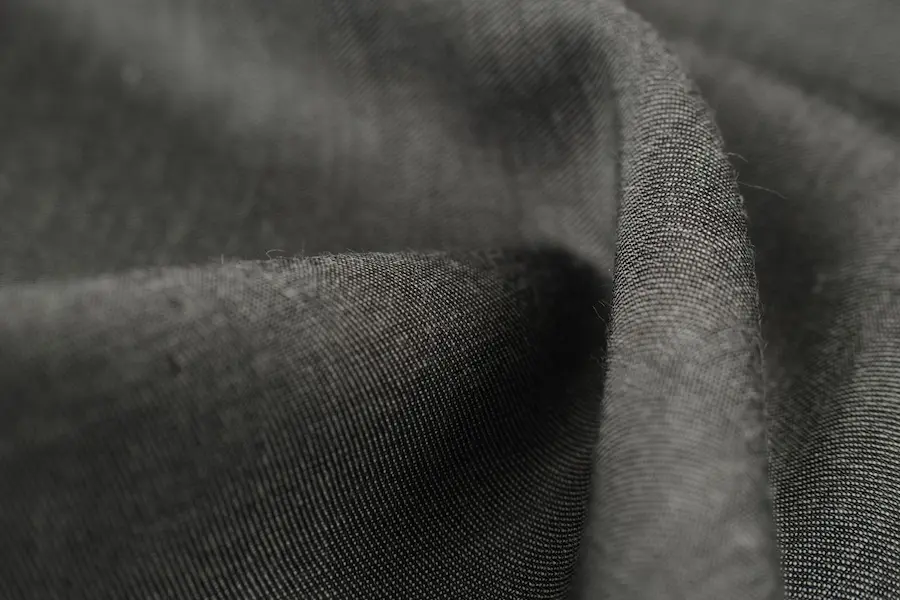


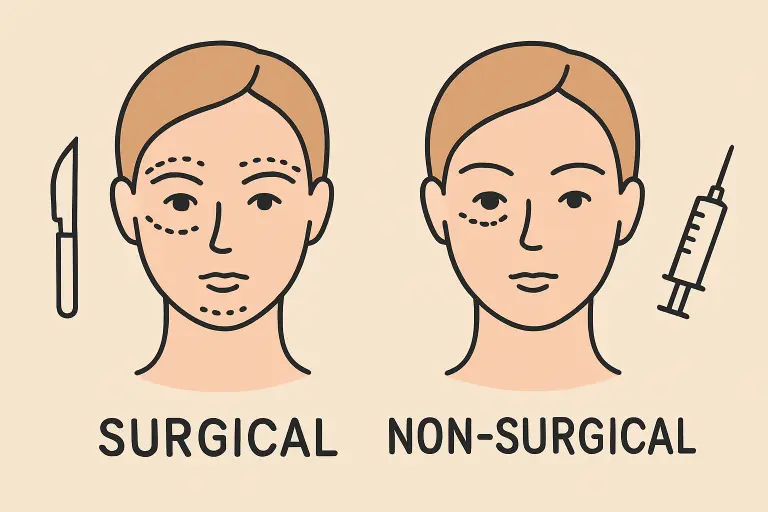
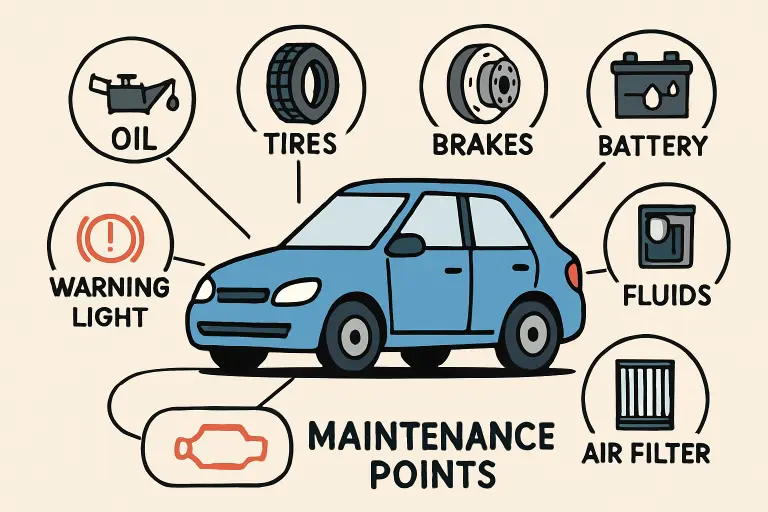


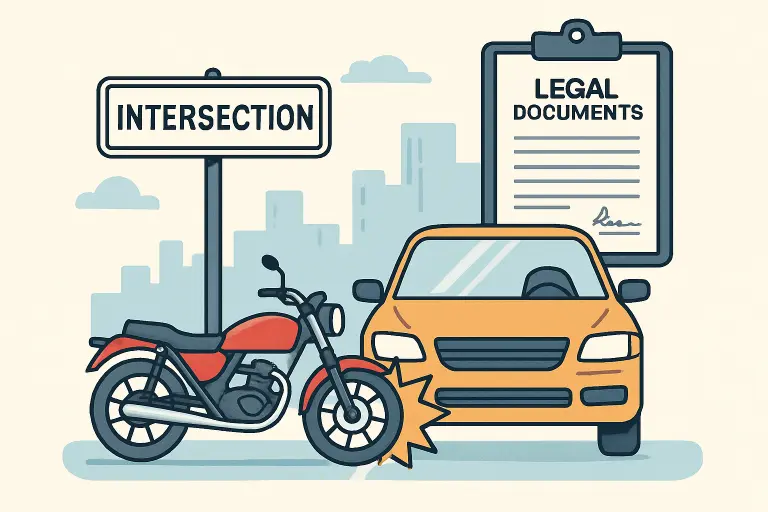












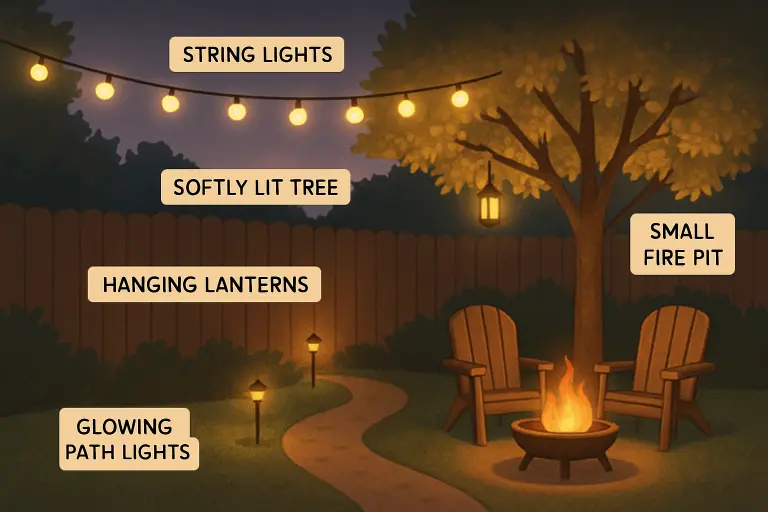




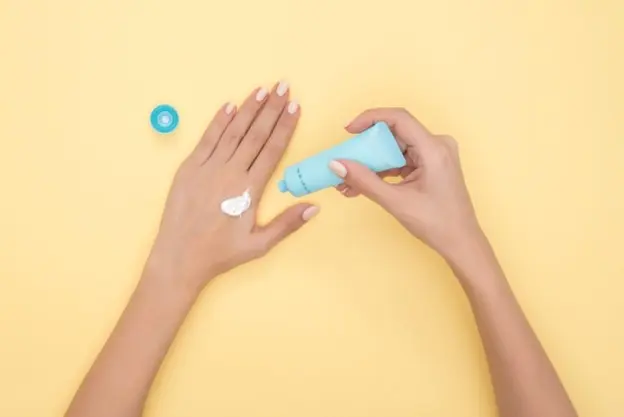
























































































































































































































































































































































































































































































































































































































































































































































































































































































































































































































































































































































































































0